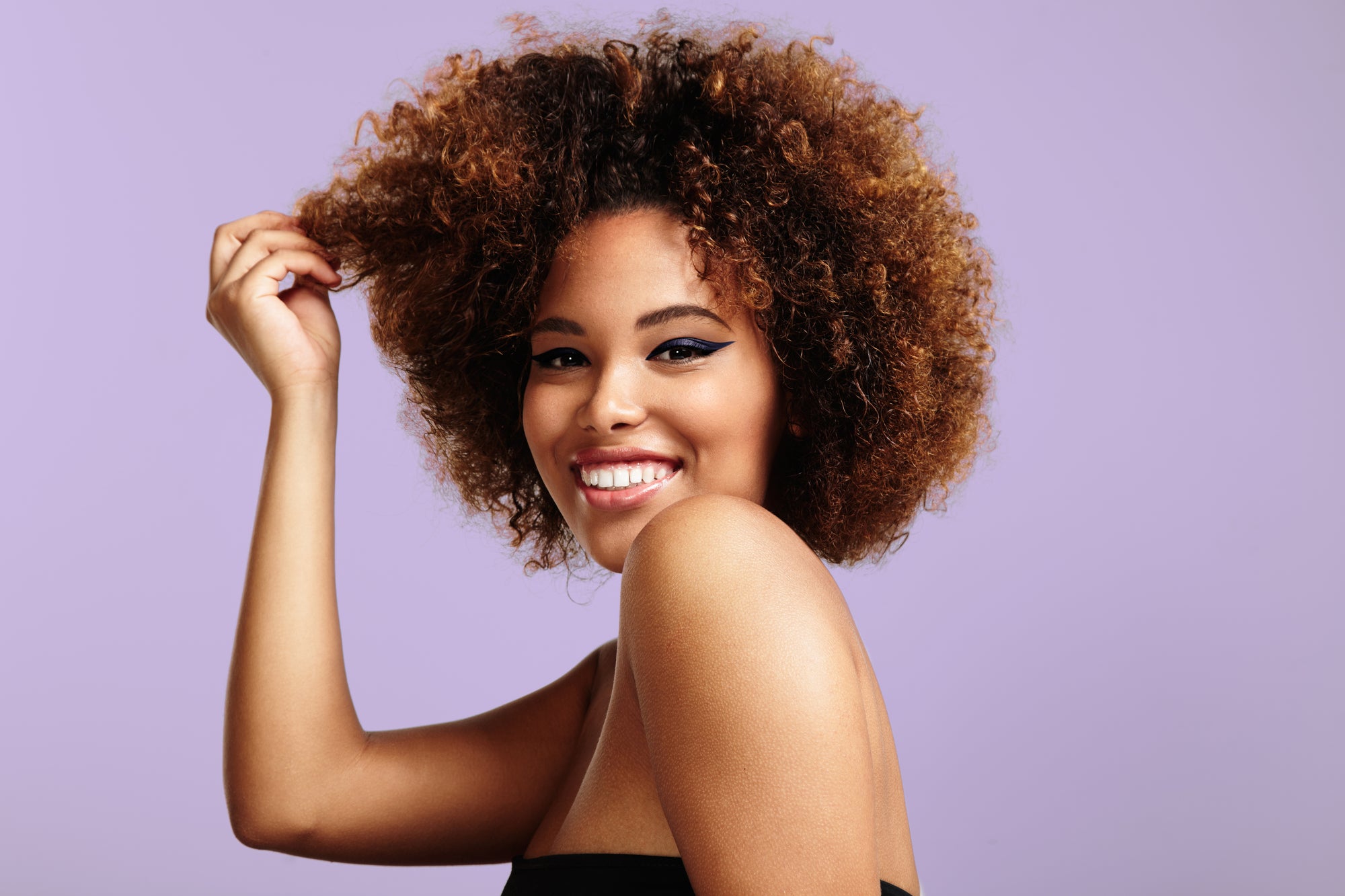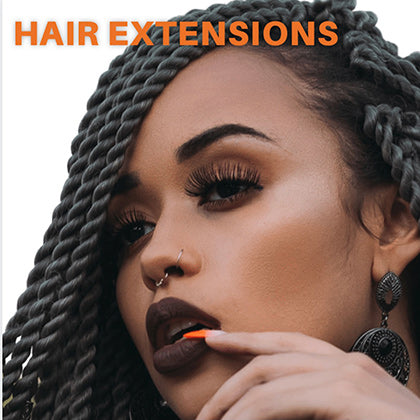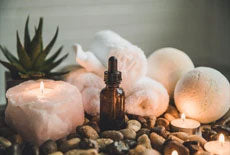Moisturizing Oils vs. Sealing Oils
Whenever reading about caring for natural hair, a common phrase that you'll hear is; "moisturize followed by a sealing oil". But what does that mean exactly? Different plant based oils are beneficial because they can penetrate the hair shaft and lubricate the hair cuticle layers. So which oils should you be looking for? Here is a quick rundown on the differences of a moisturizing oil vs. a sealing oil so that you can get the maximum benefits out of both.
Moisturizing oils
- Are able to go through the hair cuticle, penetrating the hair shaft. They do not just sit on top of the hair.
- A moisturizing oil is best used with a water based leave in conditioner or just water itself.
- Use a moisturizing oil when you would like to do a "pre-poo" treatment or an oil rinse.
- A moisturizing oil saturates and soothes the scalp.
- Examples of moisturizing oils are; Olive oil, coconut oil, avocado oil
Sealing oil
- A sealing oil does not and cannot penetrate the hair shaft, it just sits on top of the hair.
- When used with a proper moisturizer, these oils lock and seal in moisture.
- Sealing oils add luster and shine to your hair.
- Sealing oil is most effective when twisting or braiding hair. Put it on your hair after you apply your leave in conditioner or wet your hair with water.
- Examples of sealing oils are; Jamaican black castor oil, monoi oil, grapeseed oil, and jojoba oil.
The Importance of Essential Oils
Essential oils are very important for natural hair. They support the health of your scalp and promote hair growth. These oils are one of the best ways to prevent dandruff and can also be used to soothe irritation in the scalp. Lastly, remember that a healthy scalp leads to healthy hair.








Leave a comment